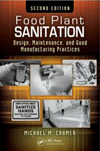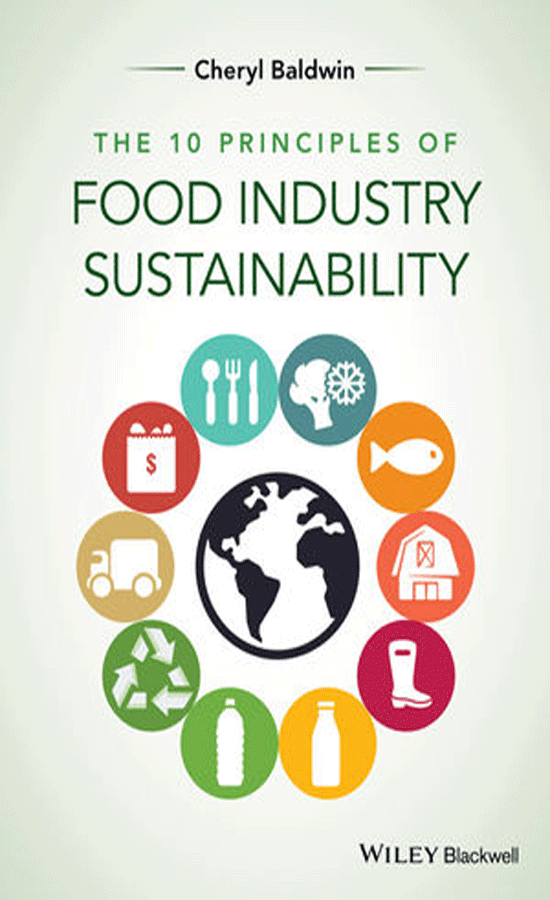Sanitation industry critical as COVID-19 threatens meat supply

By Jake Watts, Vice President of Food Safety at PSSI.
Grocers are struggling to secure meat as COVID-19 outbreaks have closed about a dozen U.S. meatpacking facilities in recent weeks. With the coronavirus pandemic cutting into domestic production and increasing fears of meat shortages, the sanitation industry must continue to innovate to meet this unprecedented moment and better protect against the threat of the virus and help keep critical businesses like food processing and production operational.
Massive meat processing plants – including some of the nation’s largest – have recently suspended work, at least temporarily, due to COVID-19. These closures have caused widespread concern that the coronavirus crisis could greatly impact the nation’s food supply, resulting in higher prices and putting certain items out of reach for low- and moderate-income communities.
According to estimates from CoBank, U.S. beef production has dropped 24 percent compared to a month earlier, with pork off 20 percent and poultry down 10 percent. Some meat orders are even arriving incomplete as suppliers decrease their variety and major plants remain closed.
To protect the vulnerable meat supply chain, President Trump signed an executive order to declare meat processing plants “critical infrastructure.” As the industry continues to produce food for consumers, the need for food processing facilities to develop COVID-19 decontamination plans and implement policies that protect the health and safety of workers has never been greater.
As we continue to navigate this rapidly evolving crisis, leading sanitation companies must work with their customers to help tackle COVID-19 and ensue all facilities are clean, safe, and optimized to be as productive as possible. At the same time, the food processing industry must work together to share best practices and procedures as research on the virus continues to evolve.
At PSSI, we have implemented a three-pronged COVID-19 action plan at our customer’s facilities. Informed by current research as well as guidance from leading public health experts, this process includes proactive attentiveness to sanitizing high-touch surfaces on which the virus is known to spread, a thorough decontamination plan in the event a facility becomes exposed, and policies that prioritize employee health in the workplace.
Our decontamination plan includes a disinfectant fog, which is dispersed as an aerosol and reduces airborne micro-organisms and disinfects surfaces that may otherwise be difficult to reach. In addition, in the event of a COVID-19 decontamination, PSSI deploys its scientifically verified process, the “8-Steps of Sanitation.” This has become the cornerstone of how we keep plants, products, and surfaces contaminant-free during this unprecedented time and includes pickup of dry matter, a rinse, hand scrub with detergent, rinse and inspection, cleaning of disassembled equipment, preoperative inspection, sanitization, and then documentation.
Finally, and most importantly, our company has put policies in place to protect the health and safety of those who do the critical job of working in food manufacturing. Of course, hand sanitizer is available at all entrances and transition points, and employees are provided with facemasks. In addition, social distancing is practiced in the workplace by requiring team meetings to take place in spaces that allow for 6 feet of distance between individuals, and start, break, and end times are staggered to prevent congregating. We have also instituted a COVID-19 questionnaire and temperature checks for employees as they enter facilities to begin their shifts.
The word “clean” has taken on a new meaning since COVID-19. The status quo will no longer suffice, and food processing and production businesses must implement the highest standard of sanitation possible to better protect their employees from illness and the industry at large from a possible meat-supply shortage.
Now more than ever, the sanitation industry must join together in redoubling its efforts to keep our nation’s food production facilities safe and operational.
For more information visit www.pssi.com.
Looking for a reprint of this article?
From high-res PDFs to custom plaques, order your copy today!








